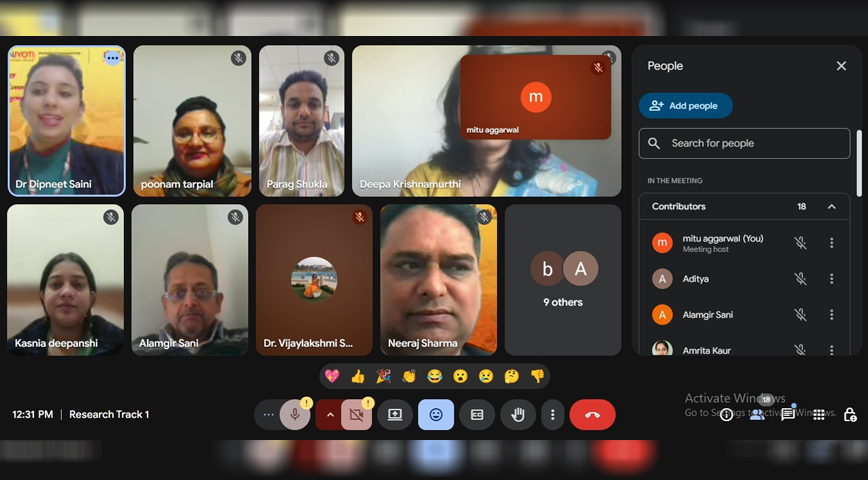 ISPs can protect customers from known cyber attacks. They can do this by working with and collaborating with peers. This could mean that when an ISP identifies a network that is being used for criminal activity, they can act decisively and protect their customers. ISPs should also share information about known threats. When known threats are identified, people can protect themselves against them, and this stops cyber criminals. ISPs are in a unique position to provide education and awareness on how to respond when there is a cyber attack. This education can be provided to their customer base and to the community at large. Education could include training on how to use email security tools and live to monitor.
ISPs can protect customers from known cyber attacks. They can do this by working with and collaborating with peers. This could mean that when an ISP identifies a network that is being used for criminal activity, they can act decisively and protect their customers. ISPs should also share information about known threats. When known threats are identified, people can protect themselves against them, and this stops cyber criminals. ISPs are in a unique position to provide education and awareness on how to respond when there is a cyber attack. This education can be provided to their customer base and to the community at large. Education could include training on how to use email security tools and live to monitor.
ISPs can apply pressure that impacts the behavior of vendors in their supply chain. This is especially true when discussing vendors that provide hardware to customers. Faulty hardware or hardware that is not equipped with the latest security features can be a conduit for cyber attacks. Telecommunications infrastructures need to adhere to cybersecurity requirements, and ISPs can put pressure on institutions to conduct frequent cybersecurity audits.
References:





